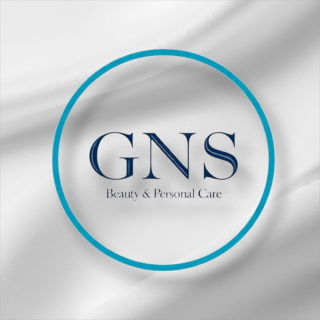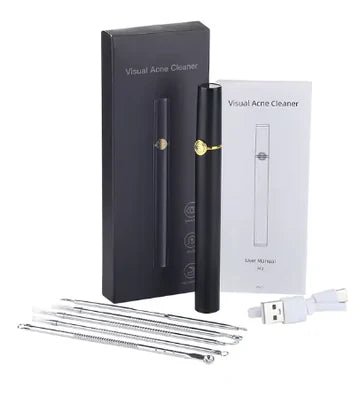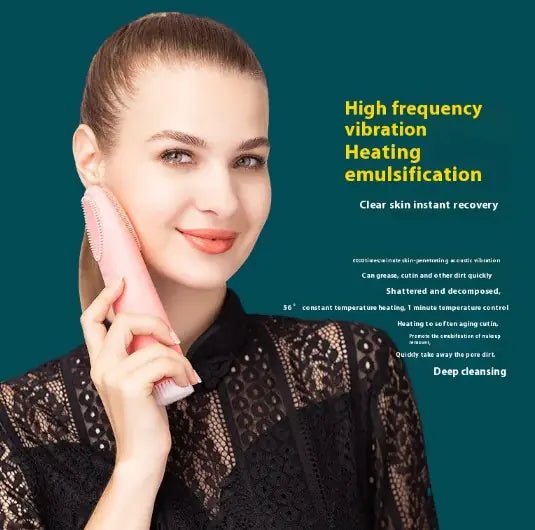In the evolving landscape of the beauty industry, ethical beauty brands have emerged as a transformative force, reshaping consumer preferences and expectations. But what exactly defines these brands, and why are they garnering unprecedented attention? The modern consumer, increasingly aware and conscientious, demands transparency, sustainability, and genuine ethical practices. This article delves into the rise of ethical beauty brands—decoding their allure, their profound impact on buying decisions, and how they align with the values of today's discerning shoppers.
The Ethical Beauty Movement: A Shift to Conscious Choices
The term ethical beauty brands encapsulates companies committed to cruelty-free testing, sustainable sourcing, and transparent ingredient listings. As the new-age shoppers lean towards brands that echo their ethos, the demand for clean beauty has skyrocketed, fostering a community that values integrity over mere claims.
Why Ethical Beauty Resonates with Consumers
Consumers today seek products that offer more than superficial benefits. Ethical beauty brands are perceived as custodians of holistic well-being, ensuring products are curated with respect for both the consumer and the planet. This resonates powerfully with tech-savvy millennials and Generation Z, who are increasingly researching before purchase, favoring brands that display accountable and inclusive practices.
Breaking Down Consumer Influence: The Rise of Ethical Beauty Brands
The influence of ethical beauty brands extends beyond niche markets, infiltrating mainstream channels and redefining what constitutes luxury and necessity in personal care.
- Transparency and Trust: Consumers trust brands that are honest about their production processes and ingredient sources. By choosing ethical beauty brands, they align themselves with transparency, fostering a loyalty that’s hard to break.
- Sustainability: With growing awareness about environmental impact, consumers appreciate brands that contribute to sustainability, using recyclable materials and reducing carbon footprints.
- Inclusivity: Ethical beauty brands often champion inclusivity, offering products that cater to diverse skin types, tones, and concerns, aligning with GNS Beauty's commitment to inclusivity and empowerment.
Commercial Impact: Why Consumers Buy Ethical
The business case for ethical beauty brands is overwhelming. From improved brand equity to customer loyalty, the commercial advantages are compelling. Products like vegan facial cream and environmentally safe eye shadow palettes don't just satisfy ethical demands but also offer quality performance, meeting consumer expectations both ethically and functionally.
Strategies for Incorporation into Your Daily Routine
Integrating ethical beauty products into your daily routine can be seamless and rewarding. Consider these suggestions:
- Start Small: Begin with foundational items such as cruelty-free moisturizers or organic lip balms. These items are everyday essentials that offer effective skin care benefits without any ethical compromises.
- Research Products: Utilize resources that provide reviews and research on the ethical practices of different brands. This not only assures quality but also aligns with personal values. Consider trying the Collagen Tearing Mask for a luxurious ethical skincare routine.
- Switch Gradually: Replace products incrementally as you need them. For instance, when your facial mask is finished, try a sustainable alternative drawing upon eco-friendly collections.
The Future of Ethical Beauty: What's Next?
The trajectory for ethical beauty is poised for remarkable growth, further amplified by technological advancements and consumer preferences that prioritize planet-friendly innovativeness. As GNS Beauty & Personal Care continues to expand its sustainable and ethical product lines, consumers can look forward to more choices that champion quality, ethics, and innovation.
In conclusion, choosing ethical beauty brands aligns personal values with product excellence, offering a perfect harmony that promises health, sustainability, and ethical satisfaction. As the narrative of beauty evolves, ethical practices are not just a trend—they are becoming an integral part of consumer choice.








Leave a comment
All comments are moderated before being published.
This site is protected by hCaptcha and the hCaptcha Privacy Policy and Terms of Service apply.